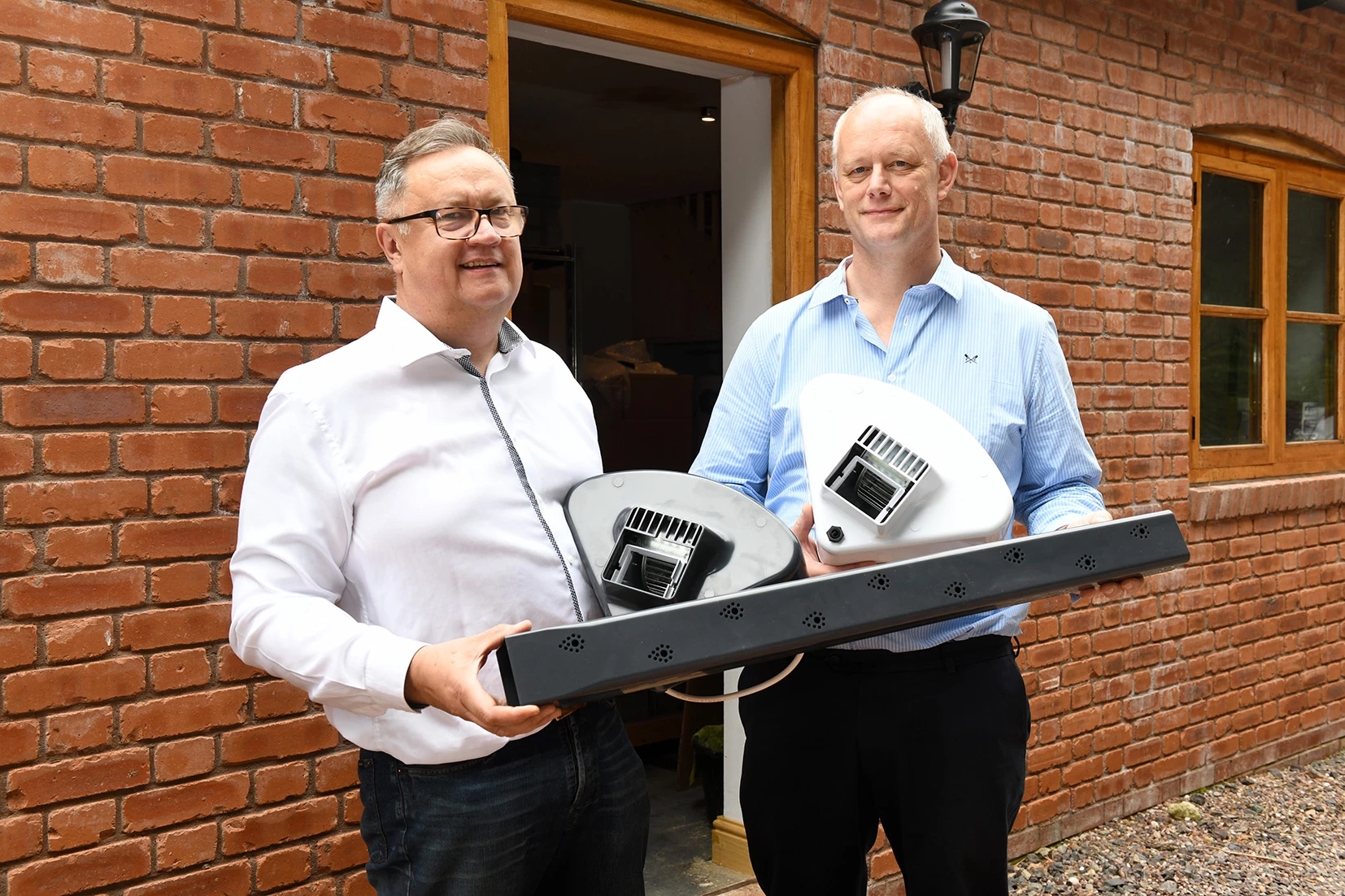
How Care Homes in the UK Can Save Money and Improve Residents' Mental Well Being
Gary Seale, MD of iDry Ltd, manufacturer of in shower body dryers is baffled.
Despite its British roots, the most significant milestones of iDry's journey are being celebrated abroad. This disparity raises questions, especially with iDry's historic breakthrough in the Netherlands, achieving its biggest export deal to date. Such achievements underscore the worldwide demand for cost-cutting and wellness-enhancing solutions in healthcare. Gary Seale, the Managing Director of iDry Ltd., which specialises in the production of in-shower body dryers, finds the situation perplexing.
While iDry’s products are gaining momentum globally for their ability to reduce operational costs and enhance patient care, the UK market seems hesitant to embrace these benefits. The situation is ironic given the products’ origin and potential for revolutionizing care in domestic settings. Gary Seale openly wonders why UK care homes are not rushing to adopt these innovations that promise reduced care hours, improved patient wellness, and significant cost savings.
iDry’s commitment to sustainability and economic efficiency is a highlight of its mission. The company’s in-shower body dryers offer a compelling alternative to traditional towel laundering, showcasing a blend of ecological consciousness with practical utility. This is evident in the experience of a 30-room assisted living complex, where the implementation of iDry Apres units led to a return on investment in just seven weeks, freeing up over 117 hours of direct care each month. Such statistics should be a clarion call for care home operators to consider integrating iDry’s solutions into their services.
Despite the proven advantages, awareness remains a challenge in the domestic market. A survey conducted in Bury Town centre revealed that a staggering 93% of respondents were unfamiliar with in-shower body dryers, hinting at a significant gap in market penetration and consumer education in the UK.
On a more positive note, the benefits of iDry’s technology extend beyond economic savings, touching on aspects of dignity and independence for users. Marieke van den Berg from Klokkenbelt, an advocate for e-health, recognizes the dual benefits of such innovations. By facilitating more independent living for residents, there’s a noticeable uplift in their spirits. The empowerment that comes from performing personal tasks unaided has profound effects on self-esteem and overall happiness. This holistic approach not only streamlines operations but also elevates the standard of care, highlighting the transformative potential of embracing innovation in care settings.
The narrative of iDry’s journey is a compelling invitation for UK care homes to reconsider their operational and care strategies. With proven benefits and international acclaim, the question remains: when will the UK market align with the global trend of embracing these life-enhancing technologies?




